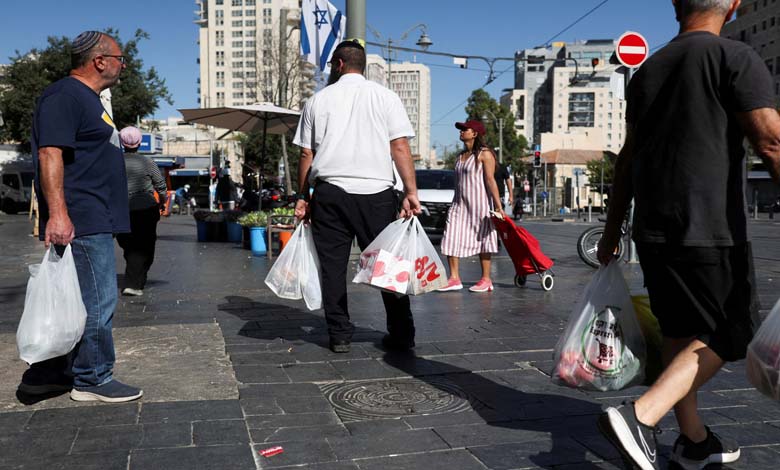Iranian missiles expose racial discrimination in Israeli shelters

The recent missile exchange between Iran and Israel has exposed a stark reality: racial discrimination in access to civilian shelters. As Iranian ballistic missiles and drones rained down on Israeli territory, multiple reports confirmed that Arab citizens and foreign workers were denied entry into bomb shelters, while Jewish residents were allowed in. This segregation raises serious concerns about equal protection—even in times of war.
-
Hypersonic Missiles and Strikes on Nuclear Facilities: Day Six Between Iran and Israel
-
Iran and Israel: Cross-Strikes… Is There Still a Window for Nuclear Negotiations?
In many Israeli towns and Arab-majority neighborhoods, most homes lack fortified rooms or public shelters. This infrastructure gap leaves Arab citizens significantly more vulnerable during missile strikes. In cities like Jaffa, reports indicate that Arab families were expelled from shelters, with some incidents linked to visible religious identifiers like the hijab. Viral videos have also shown Thai workers being turned away from shelters, with one person heard shouting, “This place is for Jews only.”
According to April 2024 data from Israel’s Central Bureau of Statistics, there are around 2.1 million Palestinian citizens in Israel—over 21% of the total population. Yet, only 15% of the 71 Arab, Bedouin, and Druze municipalities have public shelters, compared to over a thousand across Jewish municipalities, according to a report cited by The Guardian. This structural disparity highlights systemic inequality in civilian safety.
-
Following Approval from Iran and Israel: Ceasefire Negotiations in Lebanon Enter Final Stages
-
No Ceasefire in Gaza until De-escalation between Iran and Israel
On June 15, an Arab woman and her two daughters were killed when a missile struck their home in Tamra, a predominantly Arab city in northern Israel. Like many homes in Arab towns, theirs had no fortified shelter. In East Jerusalem, residents report hiding under staircases during alarms, as most buildings in Arab neighborhoods lack safe rooms. While shelters are common in Jewish areas of East Jerusalem, they are scarce in Arab zones, according to Israeli media.
Conditions are even worse in the south. Tens of thousands of Bedouins live in unrecognized villages in the Negev desert without access to water, electricity, or emergency infrastructure. The NGO “Israel Donates” launched an emergency campaign to buy mobile shelters for these communities, citing “systemic neglect.” Many Bedouin families now reportedly sleep under bridges or near railway lines to seek some level of protection.
-
Troubles and Crises: International Economy Affected by Iran and Israel Events
-
One Week into War: Iran Expands Its Strikes on Israel with the Largest Rocket Barrage in 48 Hours
Discrimination is not limited to access to shelters. In February 2023, the Israeli Knesset passed an amendment to the Citizenship Law, enabling the Interior Minister to revoke citizenship or permanent residency from Arab citizens or Palestinians in East Jerusalem who receive financial support from the Palestinian Authority. This law allows for post-prison deportation to the West Bank or Gaza.
In a time of heightened regional conflict, civil protection should be equal and universal. Yet, current practices and policies reveal a deep divide within Israeli society. While missiles do not discriminate, access to shelter and safety does—laying bare the urgent need for reform and equal rights.












